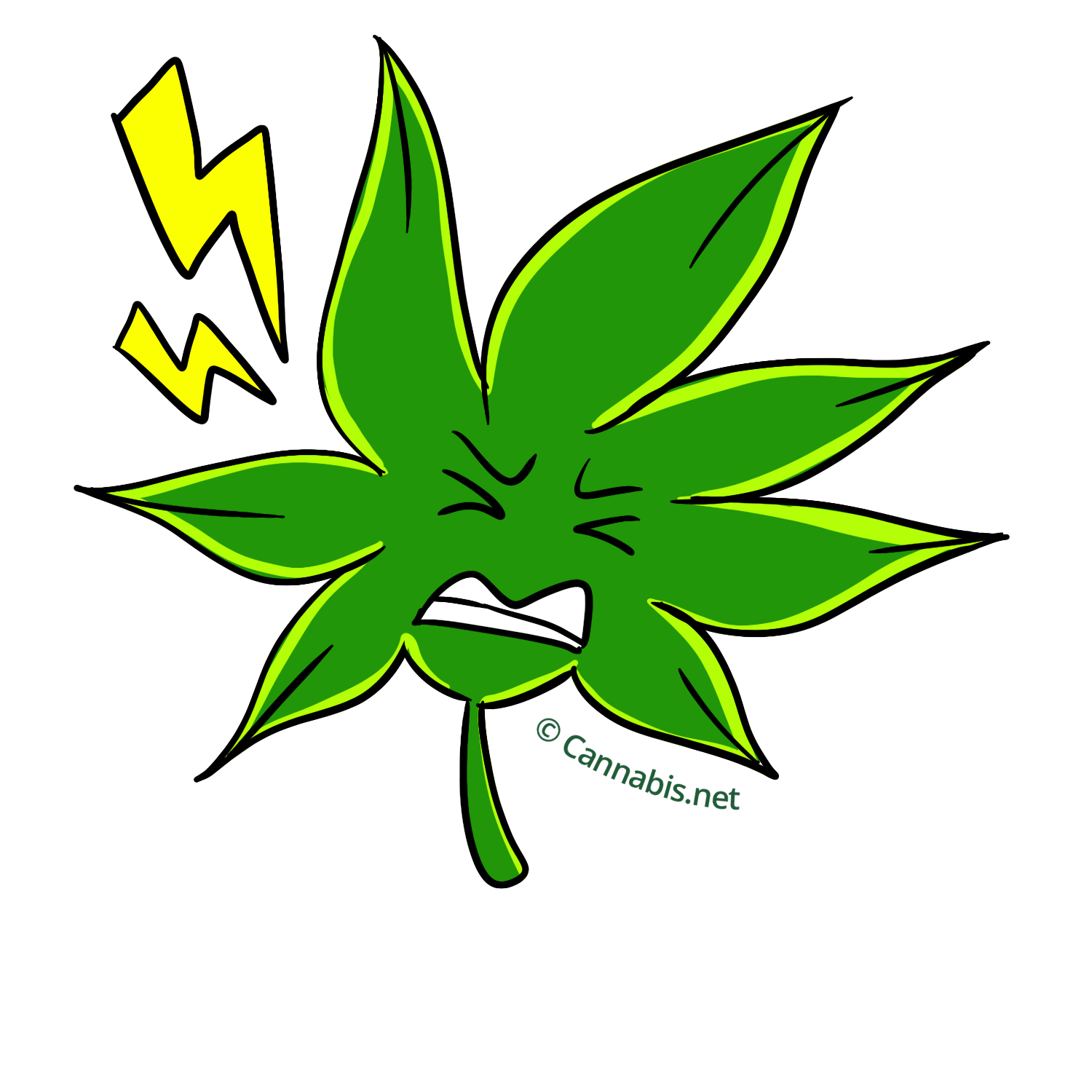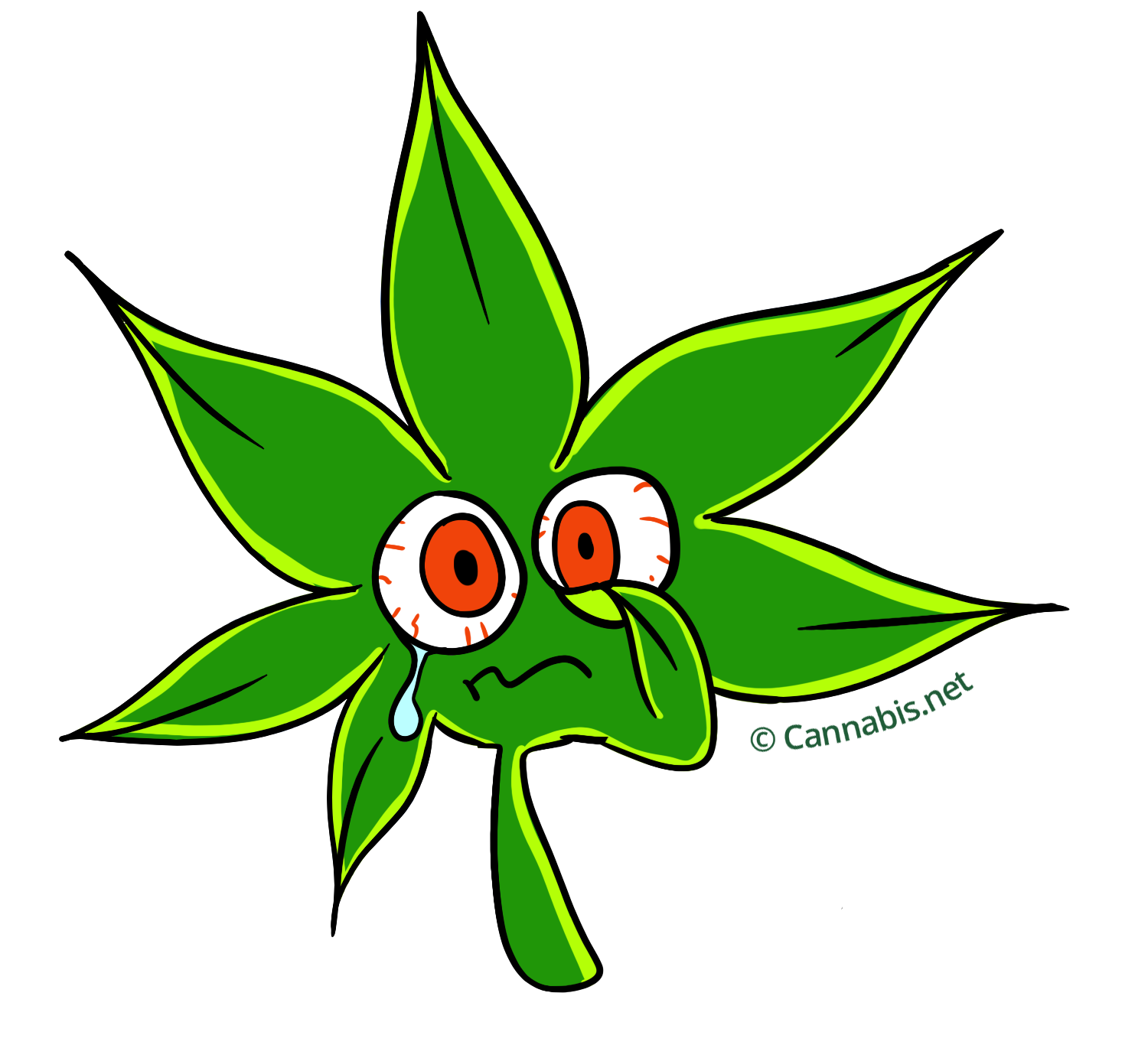.png)
Euphoric
.png)
Focused
.png)
Happy
.png)
Relaxed
.png)
Talkative
.png)
Euphoric
.png)
Focused
.png)
Happy
.png)
Relaxed
.png)
Talkative

Inflammation
.png)
Insomnia

Muscle Spasms
.png)
Pain
.png)
Stress

Inflammation
.png)
Insomnia

Muscle Spasms
.png)
Pain
.png)
Stress

Dry Eyes
.png)
Dry Mouth
.png)
Paranoid

Dry Eyes
.png)
Dry Mouth
.png)
Paranoid
Mexico Legalizes Cannabis for Anyone Over 18-Years-Old, Should the US Do the Same?
Netflix and Chill Strains - 6 Low-THC Cannabis Strains to Help You Relax and Chill Out
What the Thai U-Turn on Cannabis Legalization Teaches Us about People, Culture, and Stereotypes